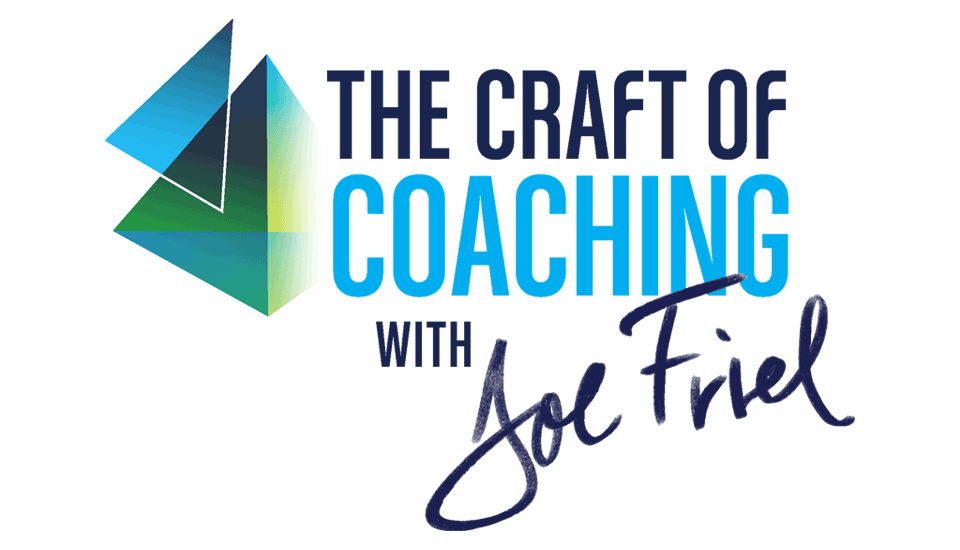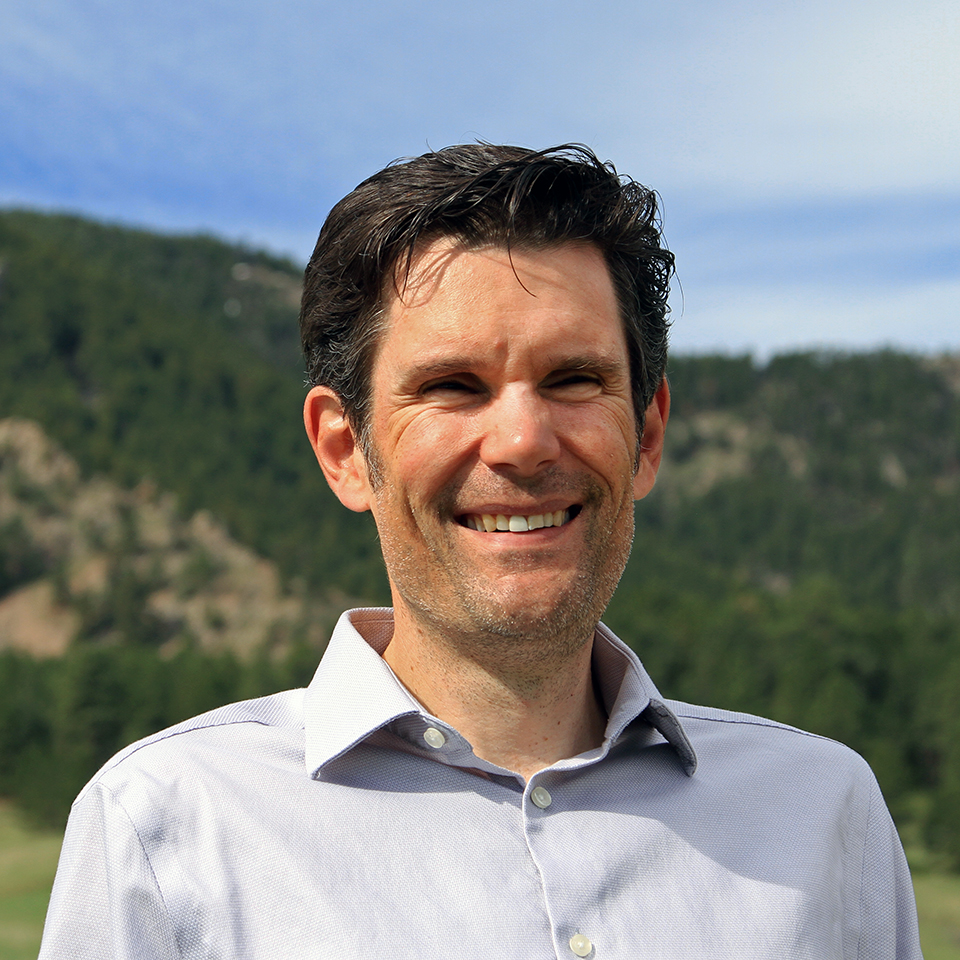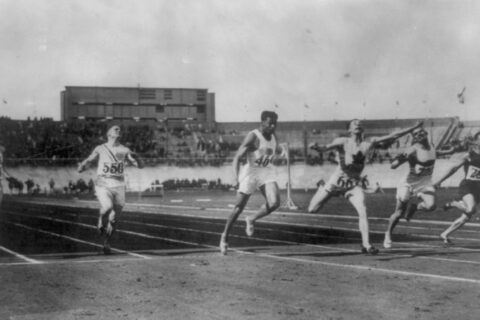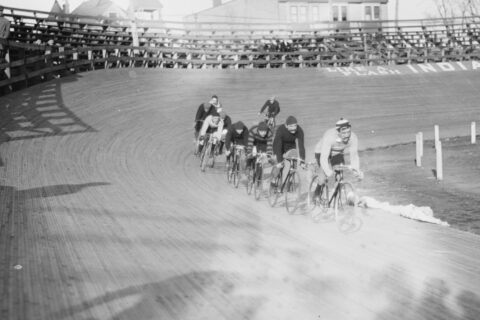Coaching Style: Democratic
I am a strong believer that athletes have to take ownership of their own training. I can’t be there when they’re in the middle of an interval session and need to make all those rapid decisions that can determine the success or failure of a workout. As a coach, I try to communicate the purpose of their training plan, their week, and their workouts, but I put the onus on them to make the decisions about their training.
Methodology
The plans I give to my athletes for each block of training are admittedly very detailed and driven by the purpose and goals. To help my athletes, I’ve worked to quantify aspects of training that are often considered qualitative or subjective (such as recovery). This allows them to focus on these important aspects and assess them weekly. First and foremost, I give my athletes a target recovery score each week. Hitting that recovery target trumps everything—their workouts, training volume and weekly TSS. I believe strongly that they will not achieve adaptation, the real goal, if they are not mindful of recovery. They can accomplish a bunch of numbers and interval sessions, but if it’s not guided by an overall purpose to the week, they can still get off track.
That said, I’ve built a large collection of custom and standard charts in WKO 5 to monitor and track my athletes. While we celebrate our successes like a particularly good workout session, I find it important as a coach to track the progress in their various energy systems. The goal is not to just see numbers go up, but to see the right changes at the right time.
Philosophy
My coaching philosophy is simple: purposeful coaching.
There should be a purpose behind everything that we are doing in training—the season plan, each block, each week, and even each workout. The athlete needs to have a clear understanding of what that purpose is and own it. I tell every athlete I coach that if they go out for a workout and don’t understand why they are doing it, turn around, go home and call me.
What makes an athlete a good fit for your philosophy/methodology?
If an athlete just wants me to tell them what to do then my program is not a good fit for them. Furthermore, I believe an athlete can’t be truly successful if they don’t take some ownership of their training. This is why I ask my athletes to plan out their weeks. I give them feedback, but I want them to be thinking about how it all fits together. More importantly, I want them to understand what is effective for them.





